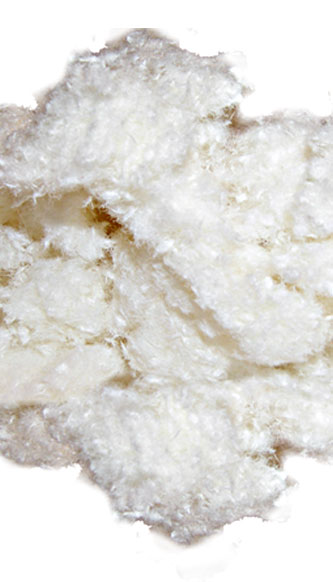Kontakt: RISE-PFI
Energieffektivt initiativ for mekanisk masseproduksjon
Reduction of electrical energy consumption in mechanical pulp production compared with a reference process at corresponding pulp quality by 50% until 2019 is the goal of an initiative by the Scandinavian Industry (Holmen, SCA, StoraEnso, Norske Skog). The program administrates a total of 75 MSEK during the period 2011-2015, and is financed by the Swedish energy authorities and the industrial partners. By uniting the competence of research institutions, universities, industry and authorities the needs of an industrial sector facing a growing recession in traditional markets and products are to be met. The E2MPi programme focuses on two main areas:
1) Radically novel methods for mechanical pulp production
2) Increased efficiency of existing production processes
A number of projects has received funding from the program. Currently PFI has been engaged in the following projects:
Baseline 2012 and Advanced Technology evaluation (BAT)
Kontakt: Kathrin Mörseburg.
The objective of the BAT project is to create a reference / baseline data sets facilitating the assessment of energy efficiency improvements to specified functional pulp and paper properties, which are to be achieved within the different individual projects in the portfolio of the E2MPi research program. By using integrated systems models and/or pilot and demonstration tests the effect on total systems level of combined efficiency improvements will be demonstrated.
A total of 11 CTMP/TMP mills in Sweden/Norway and the UK with different production lines have been assessed.
Samples were taken and analyzed from chips and pulps sampled at various positions throughout the processes. Traditional benchmarking studies normally only include a very brief sampling and simple testing structure, which is not sufficient for the purpose and ambitious goal of the program. Therefore BAT testing is carried out with a high degree of accuracy, and a wide range of applied methods and tested characteristics.
Effect of fibre property development in HC and LC refining on energy reduction potential
Kontakt: Kathrin Mörseburg.
Low consistency (LC) refining has a potential to reduce the specific energy consumption (SEC) to certain tensile index in mechanical pulp production. The objective of the project is to examine the effects of low consistency (LC) and high consistency (HC) refining on fiber level, to establish knowledge as to the mechanisms resulting in specific fiber properties, and to explore the relationships between fiber properties and conventional pulp properties. To reduce the specific energy consumption for a mechanical pulp line, it is vital to combine HC and LC refining in a way that fiber properties suitable for the end product are achieved. A radically new treatment of pulp at low consistency will also be explored.
Energy reduction in HC refining by chemical addition in mill-scale CD refiner
Kontakt: Lars Johansson
It is well known that the conditions during fiber separation have large impact on the efficiency to further develop the fibers in refining into a suitable pulp. In the primary refiner it is possible to change the conditions by changing temperature (pressure) retention time (intensity) and by addition of chemicals. However, it is very probable that the fiber separation and fiber development have different optimal process conditions, and to obtain the lowest total specific refining energy consumption for a certain pulp quality, it is likely that those conditions need to be different. The proposed project intends to evaluate the energy reduction potential by separate addition of chemicals to the fiber separation and fiber development zone in a mill-scale CD-refiner.

R&D partners:
Mid Sweden University (MiUn), PFI.
Mid Sweden University (MiUn), PFI, Swedish University of Agricultural Sciences (SLU).
Mid Sweden University (MiUn), PFI, Swedish University of Agricultural Sciences (SLU), Chalmers University of Technology (CTH).
